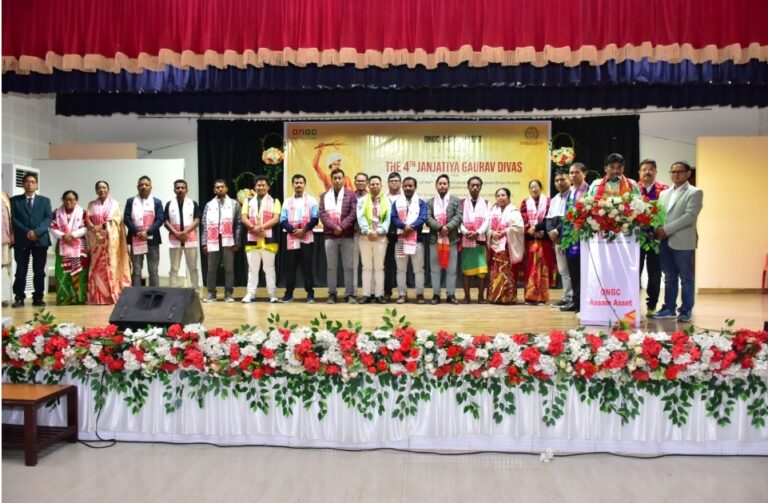The complete success of the farmers’ agitation following the Prime Minister’s announcement of repeal of laws and discussions on the demands is an instructive lesson to the people of Assam who’ve been agitating with failure at every step over the last 40 years. The fortitude and determination of the farmers to protest, notwithstanding extreme heat, cold, police bullets and lathis forced a powerful Central Government to accede to their demands. More than the farmers, it’s the uncompromising stand of the leadership, who didn’t succumb to any inducement or threat and were steadfast in their stand which kept the movement on track.
Unfortunately in Assam we’ve been continuously agitating for 40 years, without any results and being worse off. Our struggle has only produced self-serving leaders who show no hesitation in pursuing their interest before the cause and for which the people are continually betrayed.
AASU and their leaders while assuming and grabbing leadership, do not take responsibility for their failure. They take no responsibility for the failure of NRC, failure of anti CAA movement, failure for implementation of Clause 6 Committee recommendations for protection to indigenous people.
The problem and the solutions are clear after 40 years re-verification of a faulty NRC, reservation of land and resources for indigenous people to prevent them from becoming a minority and no further imposition of foreigners through CAA.
All that is required is to stick to these issues, even then there’s complete insincerity and fraudulent representations. Our present Chief Minister has on numerous occasions assured of bringing in legislation reserving land for indigenous and that too in the “next Assembly session “, two years ago but shows no compunctions in backtracking.
Till such time that people do not force their leaders to act in the public interest or continue to elect such leaders who continually betray them, the survival of the indigenous people is always at risk.
Author: Upamanyu Hazarika.
The views expressed by the writer are personal and may not in any way represent those of the Guwahati Times.
What are the three farm laws:
The three laws are —
- Farmers’ Produce Trade and Commerce (Promotion and Facilitation) Act, 2020: The law is designed to replace all state-level APMC laws and deprive state governments of the power to collect taxes, cess, or other charges on farmers’ produce. The Centre had asserted that the bill would facilitate agricultural trade by removing the requirement for a licence for anyone wishing to engage with farmers, as existed under the APMC system.
- The Farmers’ (Empowerment and Protection) Agreement of Price Assurance and Farm Services Act, 2020:The law establishes a framework for contract farming by requiring a farmer and a buyer to enter into an agreement prior to the production or rearing of any farm produce. It establishes a three-tiered conflict resolution mechanism: the Conciliation Board, the Sub-Divisional Magistrate, and the Appellate Authority.
- The Essential Commodities (Amendment) Act, 2020: The law grants the central government the authority to limit the supply of specific food commodities only in exceptional circumstances (such as war and famine). Agricultural produce stock limitations may be applied only if prices climb dramatically.
Why did the farmers protest against these laws?
Thousands of farmers, mostly from Punjab, Haryana and western Uttar Pradesh protested at several Delhi border points for almost a year since 26 November 2020 demanding withdrawal of the three farm laws claiming that the laws were enacted at the Centre will dismantle the minimum support price (MSP) system.
Farmers claim that over time, huge corporations will dictate terms, and farmers would end up earning less for their crops.
Farmers were concerned that with the virtual dismantling of the mandi system, they will no longer be able to secure an assured price for their products, and the “arthiyas” – commission agents who also lend to them — will go out of business.
The protests did not stop through several rounds of talks between the government and farmers, disruptions in parliament and Supreme Court hearings.
The protests have continued for over a year after deliberations between the government and farmers unions failed.















